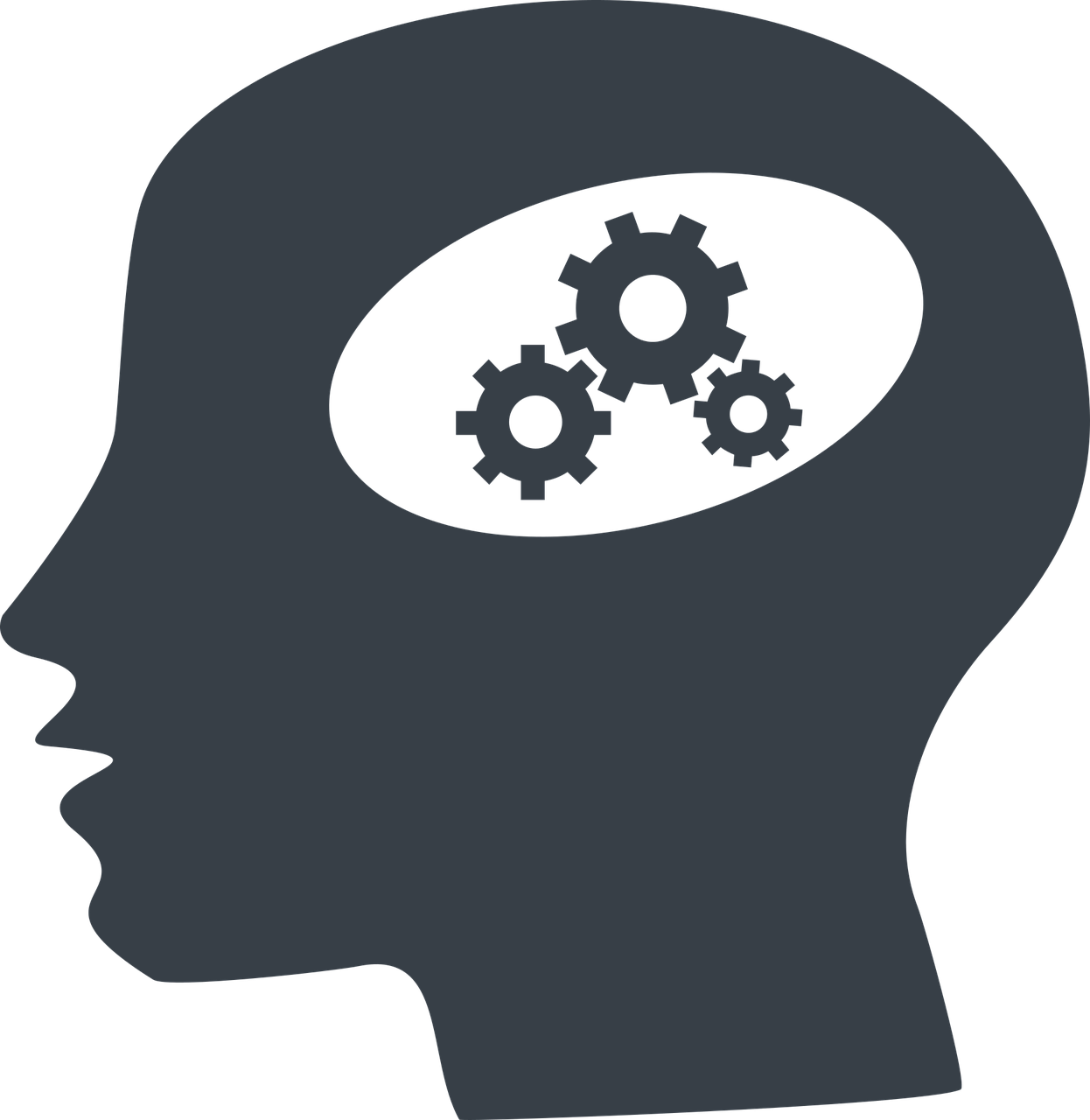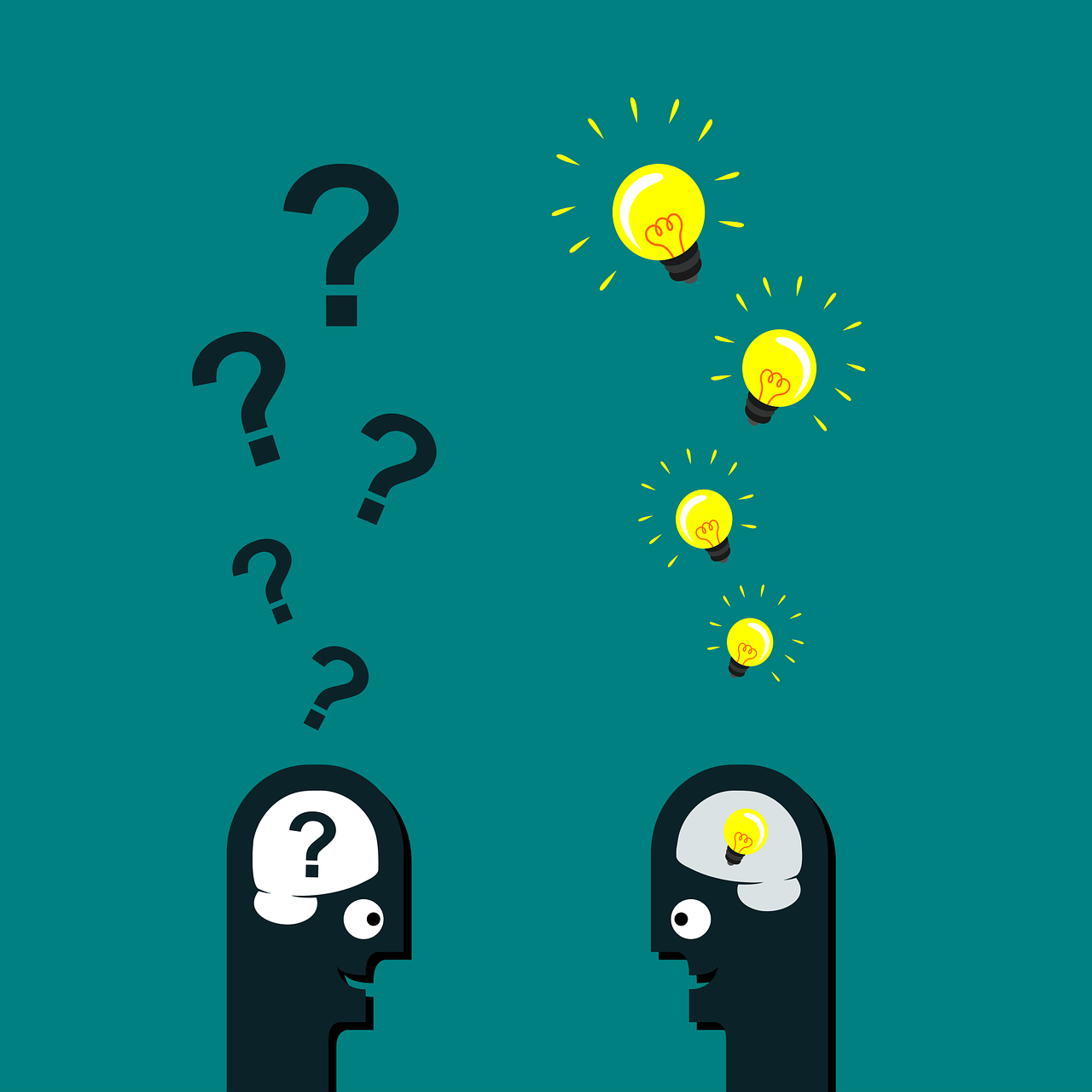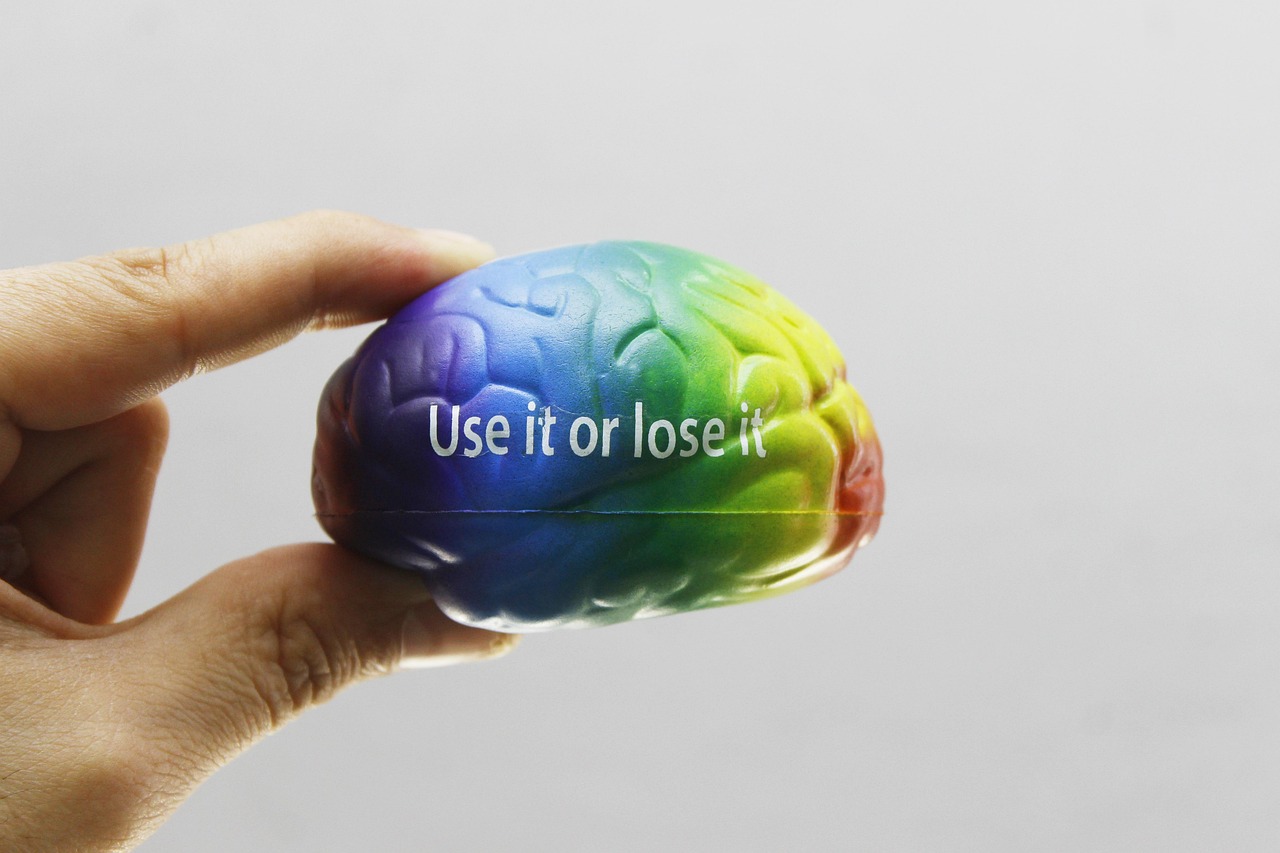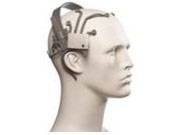
Apr
AI’s Impact On Critical Thinking and Learning – What Studies Are Saying So Far
jerry9789 0 comments artificial intelligence, Burning Questions
Generative AI and Critical Thinking
On our last blog, we touched on two studies suggesting that Generative AI is making us dumber. One of those studies, which was published in the journal Societies, aimed to look deeper into GenAI’s impact on our critical thinking by surveying and interviewing over 600 UK participants of varying age groups and academic backgrounds. The study found “a significant negative correlation between frequent AI tool usage and critical thinking abilities, mediated by increased cognitive offloading.”
Cognitive offloading refers to the utilization of external tools and processes to simplify tasks or optimize productivity. Cognitive offloading has always raised concerns over the perceived decline of certain skills — in this instance, the dulling of one’s critical thinking. In fact, the study found that cognitive offloading was worse with younger participants who demonstrated higher reliance on AI tools and less aptitude when it comes to their own critical thinking skills.
Conversely, participants with higher educational backgrounds showed better command of their critical thinking no matter the degree of AI usage, putting more confidence in their own mental acuity than the AI-based outputs. Aligning with our advocacy for the “appropriate use of AI,” the study emphasizes the importance and appreciation of high-level human thinking over thoughtless and unmitigated adoption of AI technology.
Copyright: jambulboy
Generative AI and Learning
In truth, a number of earlier studies have revealed that the arbitrary adoption of AI tools can be detrimental to one’s ability to learn or develop new skills. A 2024 Wharton study on the impact of OpenAI’s GPT-4 demonstrated that unmitigated deployment of GenAI fostered overreliance on the technology as a “crutch” and led to poor performance when such tools are taken away. The field experiment involved 1,000 high school math students who, following a math lesson, were asked to solve a practice test. They were divided into three groups, with two of these groups having access to ChatGPT while the third had only their class notes. One group of students with ChatGPT performed 48 percent better than those without; however, a follow-up exam without the aid of any laptop or books saw the same students scoring worse by 17 percent than their peers who had only their notes.
What about the second group with the GenAI tutor? They not only performed 127 percent higher than the group without ChatGPT access on the first exam, but they also scored close to the latter during the follow-up exam. The difference? Sometime down the line of their interactions, the first group with ChatGPT access would prompt their AI tutor to divulge the answers, resulting in an increased reliance on GenAI to provide the solutions instead of making use of their own problem-solving abilities. On the other hand, the other group’s AI tutor version was customized to be closer to how real-world and highly effective tutors would interact with students: it would help by giving hints and providing feedback on the learner’s performance, but it would never directly give the answer.
Similar tests with a GenAI tutor in 2023 studied the same issue of AI dependence and the value of careful deployment of AI tools. Khanmigo, a GenAI tutor developed by Khan Academy, was voluntarily tested by Newark elementary school teachers, who belong to the largest public school system in New Jersey. They came back with mixed results, with some complaining that the AI tutor gave away answers, even incorrect ones in some cases, while others appreciated the bot’s usefulness as a “co-teacher.”
Other studies regarding the effectiveness of AI tutors have shown increases in learning and student engagement. These studies have also shown that GenAI can help reduce the time it takes to get through learning materials compared to traditional methods. One study that extolled the benefits of GenAI tutors involved Harvard undergraduates learning physics in 2024, and similar to the third group in the Wharton research, the AI was prevented from directly providing the answer to students. It would guide the student throughout the learning process one step at a time, providing incremental updates of the student’s progress, but never outright telling them the answer. There are merits to the idea of Generative AI as a teaching assistant, but it serves students better when it is positioned to engage one’s attention and abilities rather than induce dependence on it to generate the answers.
Copyright: Only-shot
Can We Use GenAI Without Making Us Dumber?
These studies shed light on how we should approach AI solutions and development, whether the end product is being deployed in learning, productivity or other relevant applications. Beyond thoughtful planning and considerations on how AI tools would be deployed, there should be a focus on engaging the human faculties involved, with safeguards empowering man throughout the entire process instead of letting the machine take over the process wholesale. AI technology is developing rapidly, but we can keep pace and remain reasonable as long as human engagement and empowerment is kept at the core of its utilization and adoption.
Amid contemporary fears that anyone could be replaced anytime by AI, these studies highlight the importance of how vital and interconnected the human factor is to the effective deployment and development of AI tools. One could be content with the constant and consistent output AI tools generate, but progress is only possible when competent human minds are involved in the process and direction. Students can easily find answers with AI tools at their disposal, but why not advance their understanding of how solutions are formed with engaging and relatable AI-powered educational experiences? High-level human thinking grounded by values and experience can’t be replicated by machines, and perhaps there’s no better time than now to incorporate it into the heart of the AI revolution.
While AI development hopes that optimization and automation free the human mind to go after bigger and more creative pursuits, we here at Cascade Strategies simply hope that humanity emerges from all of these advancements more and not less than what it as we entered the AI revolution.
Additional Reading:
Why AI is no substitute for human teachers – Megan Morrone, Axios
AI Tutors Can Work—With the Right Guardrails – Daniel Leonard, Edutopia










